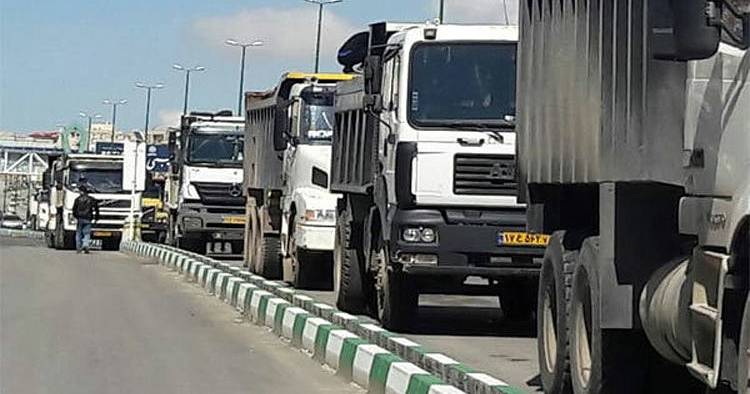
Similar Posts
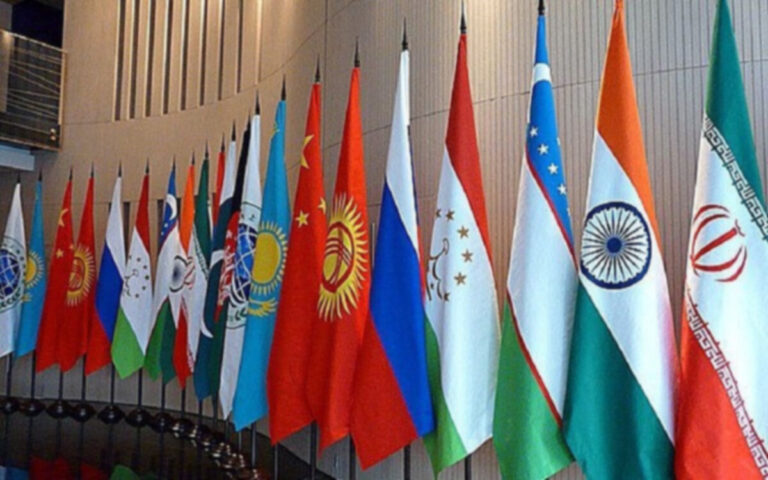
SCO Unveils Strategic Roadmap for Settlements Using National Currencies
The Shanghai Cooperation Organization (SCO) is advancing efforts to promote settlements in national currencies among its member states, as highlighted by Deputy Secretary-General Sohail Khan. A comprehensive roadmap has been developed to facilitate these transactions, aimed at reducing reliance on dominant currencies and enhancing economic independence. Key aspects include collaboration among finance ministries and central banks, a focus on full member states, and ongoing feasibility analyses, with expected results by mid-next year. This initiative seeks to strengthen trade and investment flows, promote financial sovereignty, and foster regional economic stability and cooperation amid global economic uncertainties.
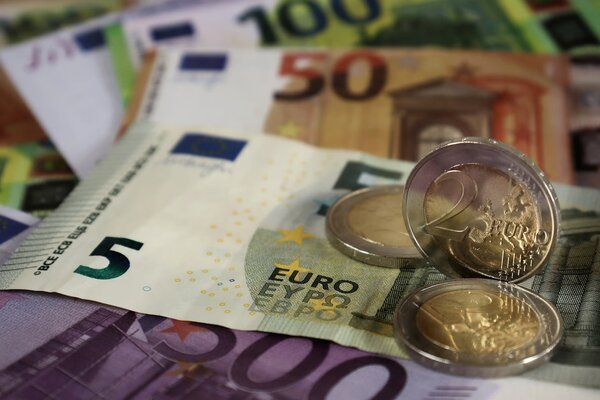
Eurozone Inflation Surpasses Expectations: What It Means for the Economy – Mehr News Agency
In April, eurozone inflation pressures exceeded expectations, complicating the European Central Bank’s (ECB) efforts to lower interest rates. Consumer prices rose by 2.2% year-on-year, slightly above the 2.1% forecast, indicating a potential stall in disinflation. Core inflation increased to 2.7%, driven by a surge in services inflation to 3.9%. Despite these developments, financial markets reacted calmly, with investors still anticipating a rate cut in June. Notable equity gains were seen in the EuroSTOXX 50 and Germany’s DAX, buoyed by strong corporate earnings. Rising core inflation presents ongoing challenges for ECB policymakers navigating these economic shifts.
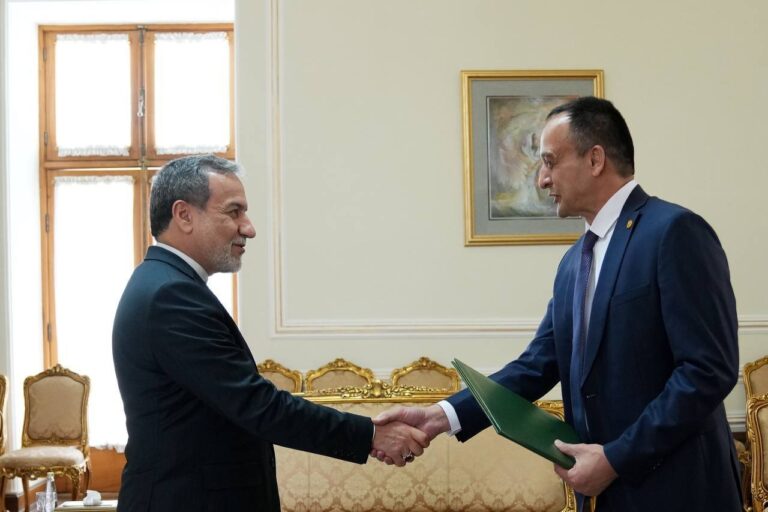
FAO’s New Envoy Delivers Credentials to Foreign Minister Araghchi: A Step Towards Global Cooperation
Mr. Farrukh Toirov has been appointed as the FAO Representative to Iran, marking a pivotal step in agricultural collaboration. With over 20 years of experience in international development, Toirov aims to enhance Iran’s agricultural sector by focusing on agricultural productivity, sustainable practices, food safety, natural resource management, and climate change mitigation. Officially starting his tenure on May 25, 2025, after presenting his credentials to Foreign Minister Seyed Abbas Araghchi, Toirov’s leadership is expected to foster partnerships that improve food security and sustainable agriculture. His extensive background positions him to effectively address Iran’s agricultural challenges and opportunities.
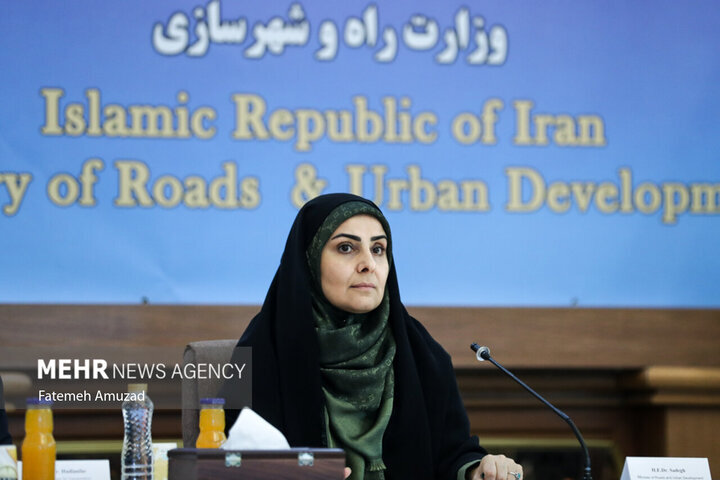
Kazakhstan Seeks to Boost Transit Trade Through Iran to Iraq: A New Corridor for Cargo!
Iran’s Minister of Roads and Urban Development, Farzaneh Sadegh, emphasized the need to enhance transportation links between Iran and Iraq during a recent meeting with Iraqi officials. She proposed a trilateral collaboration with Kazakhstan to improve transit routes, especially ahead of the Arbaeen pilgrimage, which draws millions of visitors. Sadegh highlighted the importance of robust infrastructure for economic growth, noting that improved connections could open access to new markets in Central Asia and the Caucasus. This initiative aims to streamline logistics, boost tourism, and strengthen bilateral ties, setting the stage for future regional cooperation and trade opportunities.
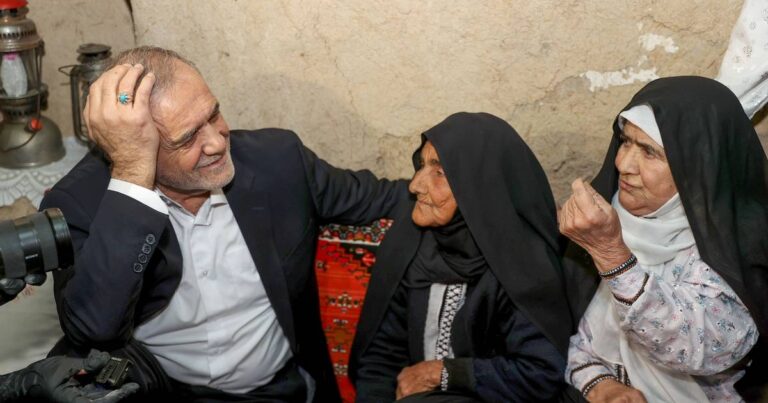
Iran’s President Faces Public Distrust Amid Criticism of Decades-Long Failures
Iran is facing a severe economic crisis and energy shortages, causing public distrust towards the government. President Masoud Pezeshkian acknowledged these concerns, emphasizing the need for trust in governance. He noted the dire situation, particularly in Tehran, where schools and government offices were closed due to a natural gas shortage. Pezeshkian highlighted the challenges in the impoverished Sistan-Baluchistan province and expressed reluctance to promise solutions he cannot deliver. Plans to relocate the capital to address infrastructure issues have faced criticism over feasibility and environmental concerns. Overall, the administration’s responses to these pressing challenges will shape Iran’s future.
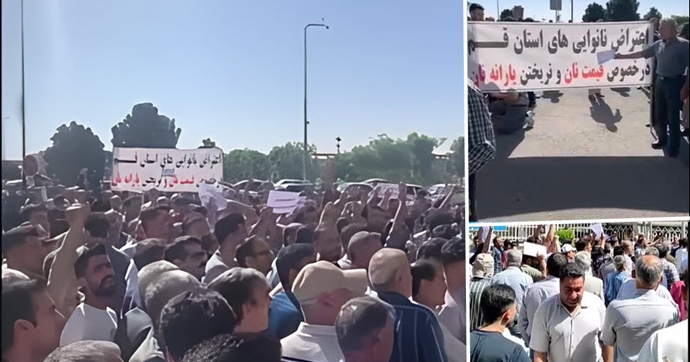
Iranian Bakers Stage Nationwide Protests Against Blackouts and Skyrocketing Prices
Bakery workers across Iran protested on Saturday in several cities, demanding government action amid rising operational costs and unpaid subsidies. Holding banners with messages like “We are bakers, not slaves,” they expressed frustration over economic pressures threatening their livelihoods. Grievances include ineffective government support, delayed financial assistance, soaring costs of fuel and materials, and frequent power outages ruining dough. Demonstrators have called for the resignation of “incompetent officials,” highlighting a broader economic discontent in Iran. With the price of bread at risk of becoming unaffordable, the protests underscore the urgent need for government intervention to support this essential industry.